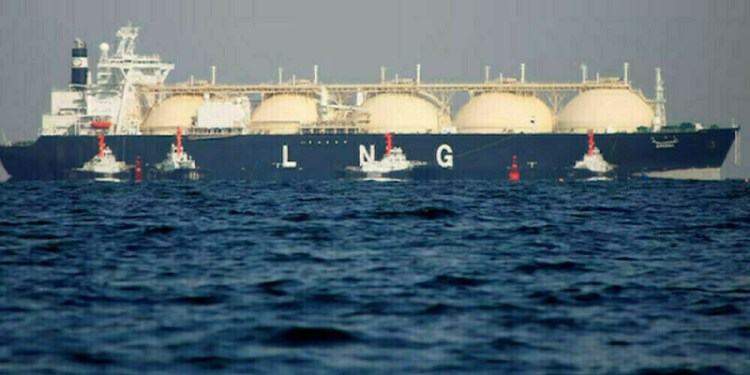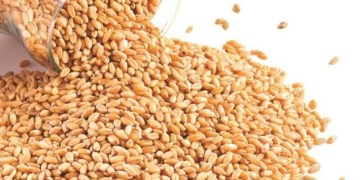European converters said that reduced price volatility so far in 2013 has cushioned margin erosion despite lower output compared with last year.
According to Platts data, the standard deviation of low density polyethylene contract prices in Europe was at 112.04 in 2012, compared to 59.05 so far this year. Standard deviation indicates the differences and variability which a set of numbers has. The LDPE contract price was assessed at Eur1,477.50/mt ($1,974/mt) FD NWE Wednesday, up Eur40/mt on the week. This compares with Eur1,352.50/mt FD NWE at the same time last year. Plastics converters buy in raw material like LDPE in granular or powder form, subject it to a process involving pressure, heat and/or chemistry to manufacture their finished products like plastic films and bags.
According to industry body Cefic in July, EU chemicals production contracted 2.1% year-on-year in the first five months of 2013. A 1.1% year-on-year drop in monthly production for May was noticeably affected by lower output in petrochemicals, which fell 3.7%.
A converter with retail, agricultural and industrial applications said that volumes in the summer were lower than last year. “Surprisingly our margins have been insulated as there was been relatively less fluctuation in prices,” he added.
“Compared to last year the volatility is lower. Sharp increases followed by collapsing prices, which hurts both the buy and sell side, have been avoided. Hopefully the trend will continue to the end of the year,” he said.
There was also less fluctuation in feedstock prices. The ethylene contract price is agreed between independent producers with their respective consumers every month. The August ethylene CP was agreed at Eur1,210/mt FD NWE, up Eur40/mt on the month. Compared to Eur1,175/mt FD NWE in August last year.
According to Platts data, the standard deviation of ethylene CP in Europe was at 87.5 in 2012, compared with 62.14 so far this year “Volatility has been significantly less than in 2012, or at least the timing and management of the volatility has been better,” a cracker operator said.
A steam cracker is a petrochemical plant that turns naphtha and light hydrocarbons into ethylene, propylene, and other chemical raw materials.
Source: platts.com


























